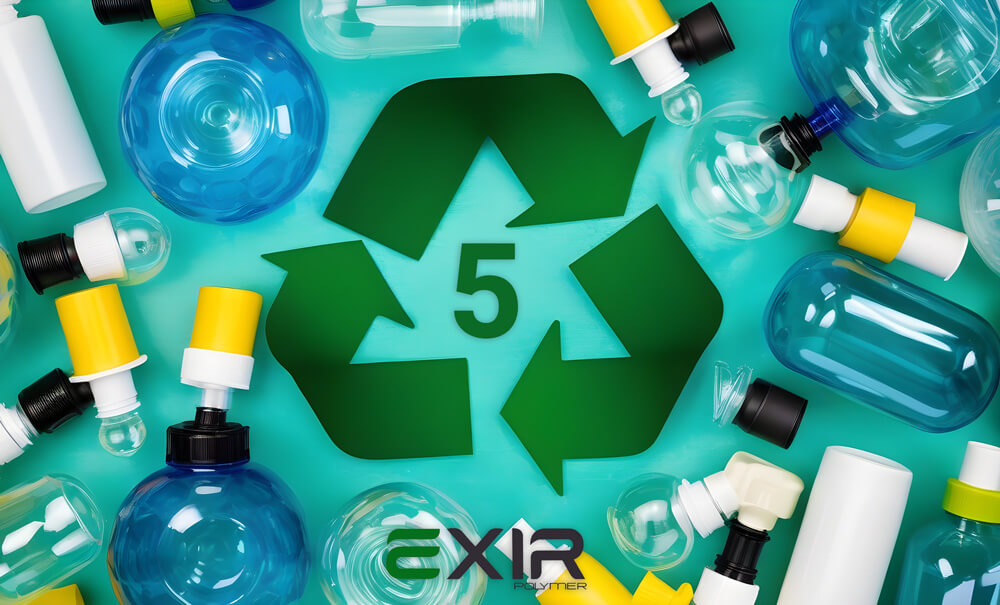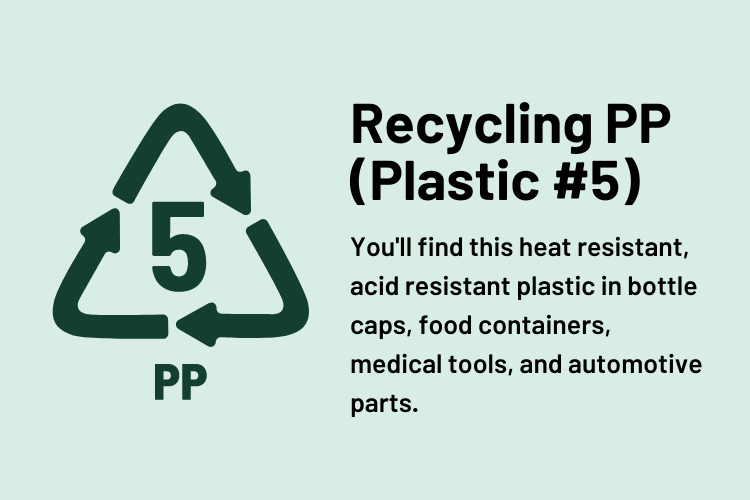How PP Recycling is Shaping a Greener Tomorrow
How PP Recycling is Shaping a Greener Tomorrow
Blog Article
As sustainability becomes a vital emphasis world wide, the spotlight is on what industries can reduce environmental impacts. Polypropylene (PP), one of the most typically applied materials, has obtained significant attention due to its possible in the circular economy. With growing issues about plastic waste, PP Recycling options are emerging as a promising avenue for achieving sustainability targets and lowering environmental footprints.

Polypropylene is widely used across various industries, from presentation to automotive pieces, because of its versatility, power, and cost-effectiveness. However, the persistence of PP in landfills and oceans creates an important environmental challenge. Fortunately, innovations in recycling technologies are giving new possibilities to recycle PP more proficiently and effectively.
One of the very most significant developments in PP recycling may be the upsurge in physical recycling processes. Mechanical recycling requires breaking down plastic spend in to little particles, which can then be reprocessed into new products. This process supplies a more energy-efficient option in comparison to standard plastic production. PP can be recycled numerous times, reducing the need for virgin substance extraction and reducing the general carbon footprint.
In addition to physical recycling, substance recycling technologies are getting traction. Substance recycling requires deteriorating plastics within their bottom compounds, which is often reused to create new plastic products. This method provides for the recycling of contaminated or mixed plastic spend that will otherwise be non-recyclable through old-fashioned methods. As chemical recycling technologies improve, they might revolutionize the way PP is refined and recycled, which makes it a vital player in the future of plastic spend management.
The raising focus on PP recycling is also driving innovations in item design. Businesses are building PP products and services which can be better to sell by using monomaterial packaging, eliminating hazardous ingredients, and promoting styles that aid the recycling process. Effort across industries is imperative to ensuring that PP items are recyclable from the start and could be efficiently refined by the end of the living cycle.
More over, customer understanding and conduct perform a substantial role in the achievement of PP recycling. With increasing need for sustainable products, more individuals and businesses are taking measures to make sure that PP spend is removed correctly. Knowledge campaigns and incentive applications may encourage greater recycling techniques and help close the hook on PP waste.

Looking ahead, PP recycling answers are poised to be at the front of sustainable waste management. As technologies advance and industries adopt more round methods, PP can continue being a valuable source, operating both environmental and economic benefits. The future of sustainability handles on inventions in recycling, and PP recycling options may certainly perform a crucial role in shaping that future. Report this page